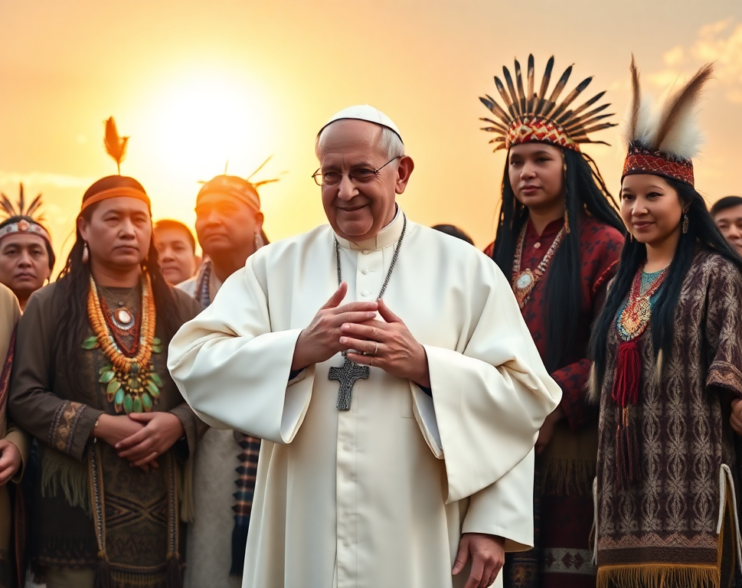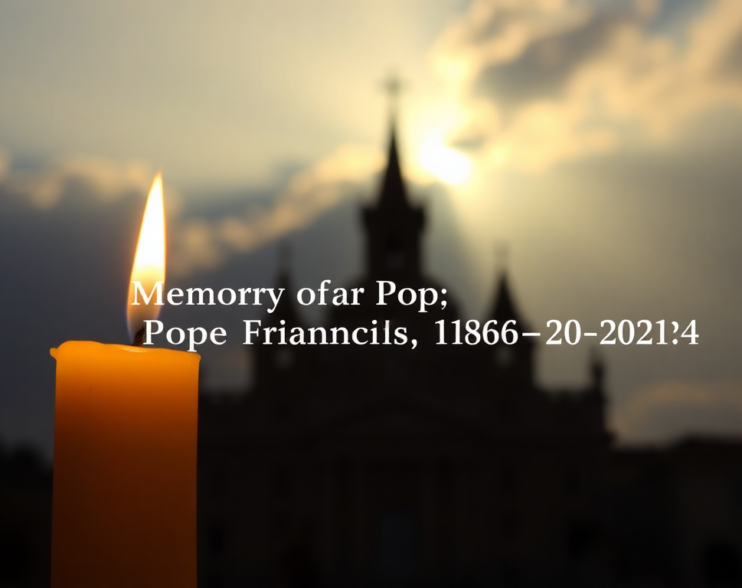
Latest post
Popular Posts
How Trump is rallying partners for his trade offensive against China (127)
- Nadia Al-Masri
- April 12, 2025

What we know about the Dominican nightclub collapse and its victims (114)
- Nadia Al-Masri
- April 11, 2025
Category: International
- Home
- International
Popular Post
How Trump is rallying partners for his trade offensive against China (127)
- Nadia Al-Masri
- April 12, 2025

What we know about the Dominican nightclub collapse and its victims (114)
- Nadia Al-Masri
- April 11, 2025
Newsletter
Weather
haze
29℃
humidity: 89%
wind: 2.06 km/h
-
28℃Sun
-
31℃Mon
-
29℃Tue
-
27℃Wed
-
30℃Thu
-
30℃Fri
-
32℃Sat
Advertisement
Advertisement







